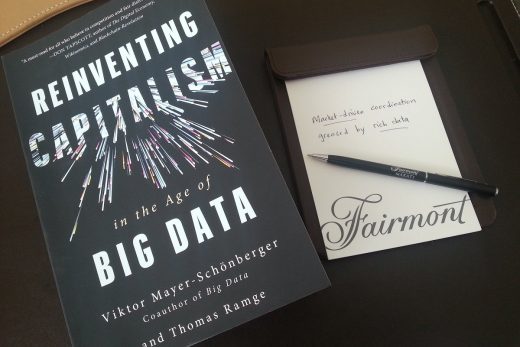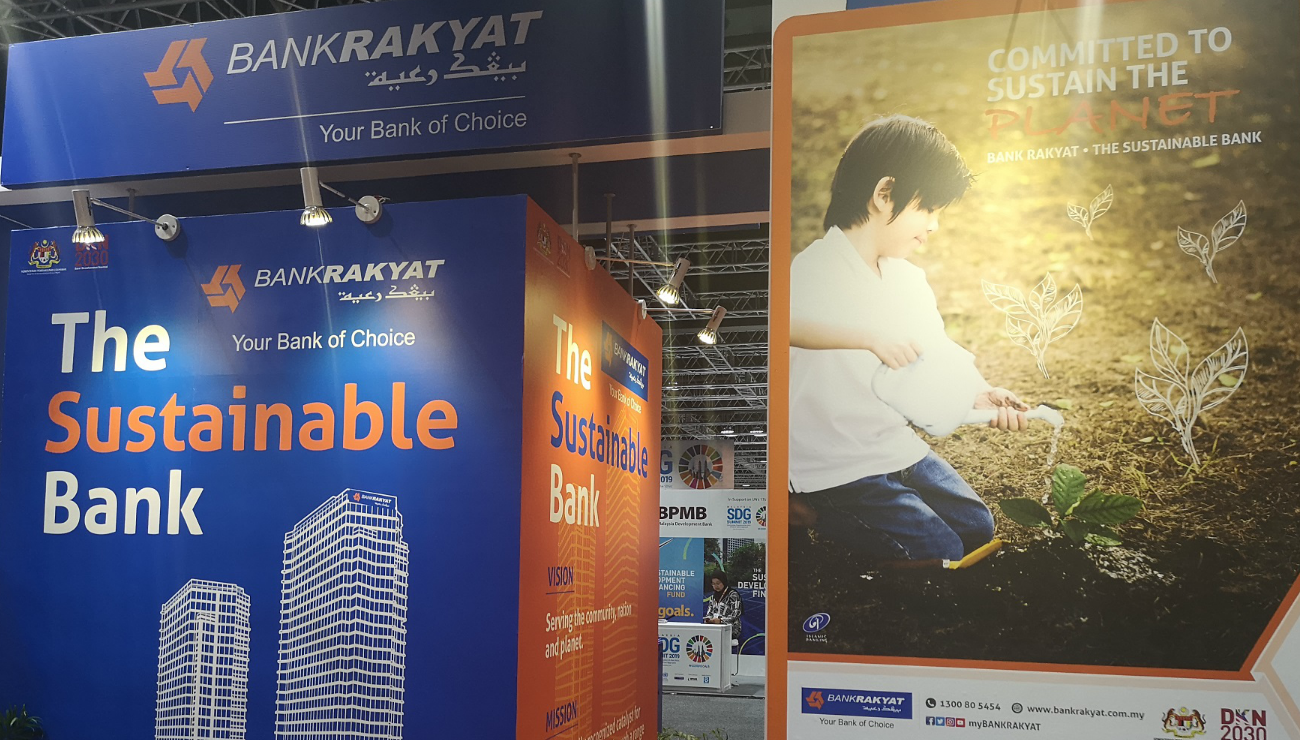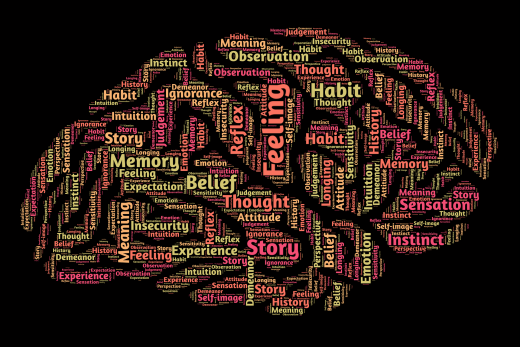Despite some advances in decades of struggle, racism and racial/ethnic discrimination, both overt and covert, continue as sources of global conflicts and inequalities, causing disadvantage and marginalization among people in all regions of the world.
These inequalities are evident in disproportional poverty rates and limited access to power, justice, education, physical and mental health including
- psychosocial services;
- social security;
- access to basic needs like safe drinking water;
- equal protection against the ravages of climate disasters;
- political participation, as well as, protection against racial/ethnic profiling,
- and police violence (Glaser, Spencer & Charbonneau, 2014).
Sustainable Development Goal 10: Reduced Inequalities
Stated in the 17 United Nations Sustainable Development Goals (UN SDG) under Goal 10:
To reduce inequality, policies should be universal in principle, paying attention to the needs of disadvantaged and marginalized populations.
Babies Don’t Judge
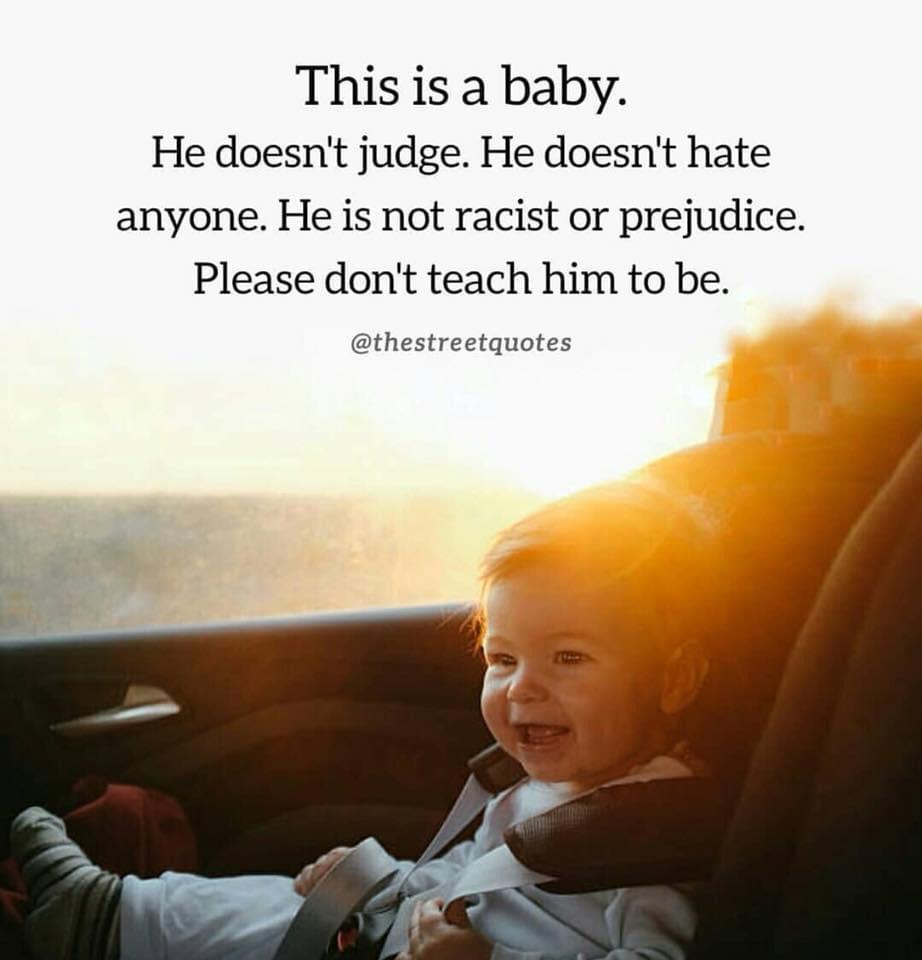
Teaching Toddler To Be Anti Racism
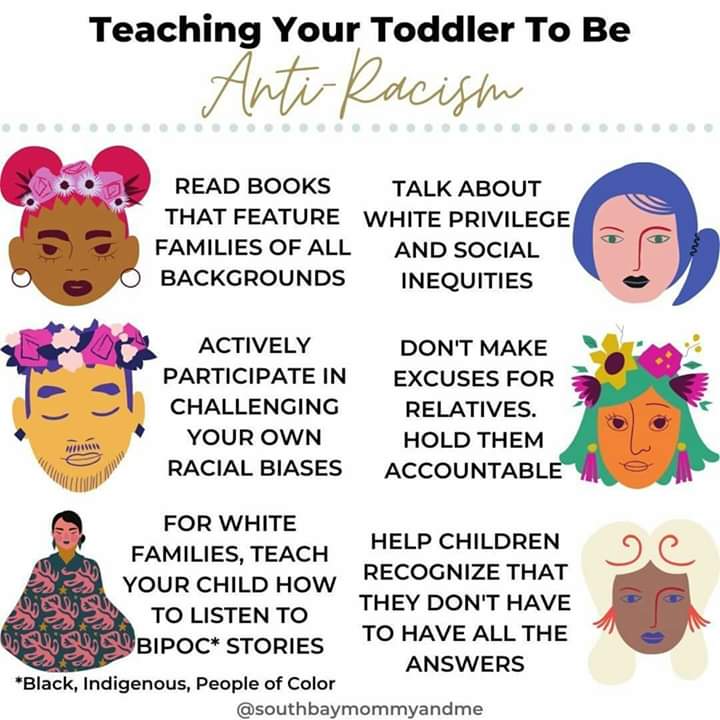
Part of this article excerpted from the report “Integrating the Elimination of Inequalities due to Racism into the Framework of the UN Post-2015 Sustainable Development Agenda: Recommendations from Civil Society“.

